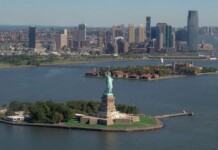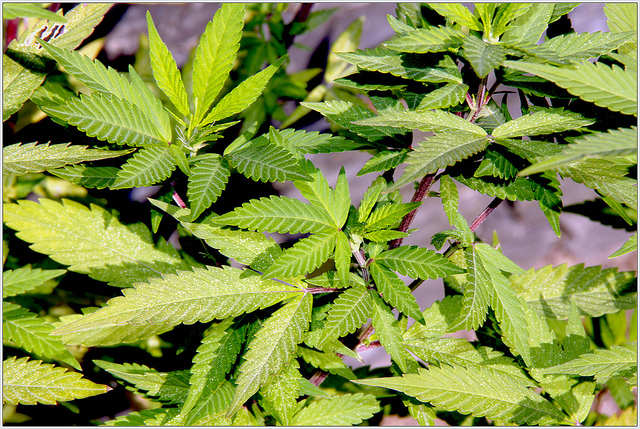In a study undergoing peer review, the CBD compound from cannabis has been found to stop COVID-19 replication in lung epithelial cells, suggesting the plant medicine holds yet another astounding quality.
Furthermore, observational data from patients who were taking CBD before they were tested for coronavirus showed that its use was associated with a significantly lower infection incidence rate than those not taking CBD.
Measured together with its metabolite 7-OH-CBD, cannabidiol (CBD) inhibited the expression of certain genes within the viral cells, and reversed changes in gene expression within the lung cells resulting from the presence of COVID-19—in other words it had both a protective and a therapeutic role.
It was also found to block viral RNA expression, including the coding for the spike protein, the tool with which the virus enters our cells.
Another crucial finding was that CBD “effectively reversed” the triggering of a hyperinflammatory response—the so-called “cytokine storm” brought on by the presence of the virus, restoring cells not to a previral level of inflation, but a state as if the cells had been treated with CBD alone.
MORE: First-of-its-Kind Clinical Study Finds That Microdosing THC Can Reduce Chronic Pain
Cytokine storm is one of the principal causes of death resulting from a COVID-19 infection.
A range of other cannabinoids were also tested, but by trial’s-end only CBD was found to have any effect at all on COVID-19-infected cells.
“We advocate carefully designed placebo-controlled clinical trials with known concentrations and highly-characterized formulations in order to define CBD’s role in preventing and treating early SARS-CoV-2 infection,” the authors recommend.
A preprint of the study is available in the journal Bio RXIV while it goes under peer review.
CBD is available legally, in various forms and in various ways, in Alaska, Maine, Colorado, California, Washington state, Oregon, Massachusetts, Vermont, Michigan, Nevada, and the District of Columbia.
Featured image: Martin Vincente, CC license
SHARE This Hopeful Study With Friends on Social Media…





















It’s a shame that there are so many natural measures to combat viruses and yet they are constantly suppressed by the mainstream.
Suppressed may be a bit too strong — there is no media headquarters that bans certain topics…